Ever noticed your brakes making a squeaky sound at low speeds? Squealing brakes at low speed can be annoying. But beyond the annoyance, knowing that a brake squeal can be a sign of something more serious is essential. Even if your car is new, brakes shouldn’t be constantly noisy. Understanding why this happens and what you can do about it is crucial for your safety on the road.
In this guide, we’ll discuss the common reasons behind that high-pitched squeal, from harmless, temporary issues like rust on your rotors to more severe problems like worn brake pads or caliper issues. Whether the squeak goes away after a few stops or persists, we’ll help you figure out what’s going on with your brakes and when it’s time to see a mechanic.
Squealing Brakes At Low Speed: Why Does It Happen?
When you hear your brakes squeaking at low speed, it can be both annoying and worrying. Squealing brakes often indicate a problem that needs attention. Here are some common reasons why brakes squeak at low speed and what you can do about it:
High-Frequency Vibration
One main cause of squealing brakes at low speed is high-frequency vibration. This happens when the brake pads rub against the rotating disc, creating that high-pitched noise. The caliper holds the pads tightly against the disc, causing unavoidable vibrations. This noise can be influenced by road conditions and weather, especially in muddy or dusty environments.
Brake Pad Condition
The condition of your brake pads plays a significant role in whether your brakes squeak when stopping slow. Worn-out or damaged brake pads are more likely to make noise. Sometimes, a small stone or dirt can get stuck in the brakes, causing temporary squealing. A quick pressure wash can often fix this issue by removing the debris.
Brake Pad Material
Different materials used in brake parts can also cause squealing brakes. For instance, some cars, like the Subaru Tribeca, may have brake components made of metal and synthetic materials that create friction noise. Ensuring that you have a suitable brake pad material can reduce this problem.
New Brake Installation
Sometimes, the issue arises after new brakes are installed. If the old rotors aren’t cleaned or replaced, they can cause the new pads to squeak. Always make sure the servicing includes proper rotor maintenance to avoid this.
Lack of Lubrication
Lack of lubrication can commonly cause squealing brakes, mainly if your vehicle uses drum brakes. In drum brake systems, the brake shoes press against the drum to slow down the car. These shoes must move smoothly against the backing plate, and lubrication is crucial in ensuring this happens without noise.
When insufficient lubrication, the brake shoes scrape against the backing plate. This metal-on-metal contact creates a squealing sound. Over time, this can be annoying and cause wear and tear on your brake components.
Applying brake lubricant to the contact points where the brake shoes and backing plate meet is essential to fix or prevent this issue. Here’s how you can do it:
- Locate the Drum Brakes: First, you must access your vehicle’s drum brakes. This usually involves removing the wheel and the drum itself.
- Identify Contact Points: Look for the areas where the brake shoes touch the backing plate. These are the points that need lubrication.
- Apply Brake Lubricant: Use a high-quality brake lubricant and apply it to these contact points. Make sure to apply a thin, even layer.
- Reassemble: Once the lubrication is applied, reassemble the drum and wheel, ensuring everything is securely in place.
- Test Drive: After reassembling, take your car for a test drive to ensure the squealing noise is gone.
Braking Style
Your braking style can also contribute to squealing brakes at low speed. Harsh and quick braking can generate excessive heat, causing the brake pads to glaze. This smooth, hard glaze reduces friction, leading to noise and reduced braking efficiency. To prevent this, avoid riding the brakes downhill and practice gentle braking.
Moisture
Moisture from rain, snow, or humidity can be a common cause of squealing brakes at low speed. When your car is exposed to wet conditions overnight, a thin layer of rust can form on the brake rotors. This rust is usually harmless but can create a squeaking sound when using the brakes.
When water from rain or humidity comes into contact with the metal surfaces of your brake rotors, rust can form. This is especially true if your car is parked outside in damp conditions. The rust can cause the brakes to squeak when stopping slow because the brake pads are rubbing against the uneven, rusty surface of the rotors.
The good news is that this type of squeaking is usually temporary. As you drive and use your brakes, the friction between the brake pads and the rotors will typically wear off the rust. After a few stops, the squealing should disappear as the rust is removed.
To prevent rust and the resulting squealing brakes, consider these simple steps:
- Park your car in a garage or covered area to protect it from moisture.
- Try to drive your car regularly, even for short trips, to prevent rust build-up on the rotors.
- After driving in wet conditions, gently apply the brakes a few times to help dry off the rotors and pads.
READ MORE:
Car is Losing coolant no leak no overheating? What to do
Service Theft Deterrent System: Reasons & Solutions
How do I Permanently Disable Anti Theft System
How to Stop Low Speed Brake Squeal
Are you tired of hearing your squealing brakes at low speed? It can be frustrating and sometimes concerning. Here’s a simple guide to help you stop that annoying noise and ensure your brakes are in good shape.
Firstly, it’s essential to know that securing the pads more tightly onto the caliper will not solve the problem. It can make the noise even louder. So, what can you do?
Change the Brake Pads and Rotors
One effective solution is replacing the brake pads and rotors if worn out. Look for signs of excessive wear, such as brake pad dust on the wheels. If the remaining lining on your brake pads is too thin to last until the next servicing, it’s time for new ones. Changing these parts can often stop the brakes from squeaking at low speeds.
Use Pad Shims and High-Temperature Grease
Another method to stop squealing brakes at low speed is to use pad shims and apply high-temperature grease. Shims are thin metal or rubber adhesive pads that buffer between the brake caliper and the pads. They help correct minor differences between these components, reducing vibrations and noise. Applying high-temperature grease between the caliper and pads can also help isolate vibrations and decrease the squeal.
Regular Maintenance
Regular maintenance is important for preventing squealing brakes when stopping slow. Ensure that all brake components are properly lubricated and in good condition. Suppose you’ve recently installed new brakes, and they squeak at low speed. In that case, it might be because the rotors were not properly cleaned or replaced during installation. Make sure that any new brake installation includes rotor maintenance to prevent squeaking.
Addressing Environmental Factors
Sometimes, environmental factors like moisture can cause temporary squealing brakes. If your car has been exposed to rain or humidity overnight, a thin layer of rust can form on the rotors. Everyday driving usually wears this rust away. However, you can also park your car indoors to prevent moisture build-up.
How Much Does It Cost to Replace Brake Pads and Discs?
The cost of replacing brake pads and discs can vary greatly depending on your car. For example, replacing the brakes on a high-performance car usually costs more than on a regular hatchback. Here’s what affects the cost and what you need to consider:
Car Make and Model
The type of car you drive affects the cost of brake replacement. High-performance cars have more advanced and expensive brake systems compared to standard vehicles. These brakes are designed to handle higher speeds and more challenging driving conditions.
Frequency of Replacement
Different cars need their brake pads and discs replaced at other times. Some vehicles require more frequent replacements, which can cost more over time. Check your car’s manual to see how often you should replace the brakes.
Quality of Brake Components
The quality of brake pads and discs also affects the cost. Higher-quality parts are made from better materials and have been tested more thoroughly. These parts can be more expensive but usually last longer and perform better. High-quality brake pads can reduce the chances of squealing brakes at low speed.
Average Cost Estimates
On average, replacing brake pads costs between $150 and $300 per axle, depending on the quality of the pads and the type of vehicle. Replacing brake discs (rotors) can cost between $200 and $400 per axle. So, a complete brake job, including both pads and discs, can cost between $350 and $700 per axle.
Additional Factors
Labor costs vary depending on where you go. Dealerships often charge more for labor than independent repair shops. Also, if your brakes are squealing at low speed, you might need new pads and discs sooner, affecting your budget.
FAQs: How to Stop squealing brakes at low speed
How do I stop my brakes from squeaking at low speeds?
There are several ways to stop your brakes from squeaking at low speeds. First, check for dust or debris between your brake pads and rotors. Cleaning with a brake cleaner or gently sanding the pads can often fix this issue. If the problem persists, replace worn brake pads or apply high-temperature grease to the brake hardware.
What causes brakes to squeak at low speeds?
squealing brakes at low speed can be caused by various reasons, including worn-out brake pads, dust or debris between the pads and rotors, lack of lubrication, or high-frequency vibration from the brake components. Identifying the exact cause will help you apply the proper fix.
Can I use WD-40 to stop my brakes from squeaking?
No, it’s not recommended to use WD-40 on brakes. While WD-40 can fix general mechanical squeaks, it is unsuitable for brake components. Using it on brakes can reduce braking effectiveness and potentially cause safety issues. Instead, use products designed explicitly for brakes, like brake cleaner or high-temperature grease.
How can I temporarily stop my squealing brakes?
To temporarily stop squealing brakes, you can apply brake grease or anti-seize products to the back of the brake pads. This can reduce noise for a short period. However, there are more permanent solutions, and you should seek a long-term fix by addressing the underlying cause.
Why does my car squeak when I lightly brake?
Your car might squeak when you lightly brake due to worn-out brake pads or debris stuck between the rotor and pad. Replacing the brake pads or cleaning out the debris can help. Applying a little grease to brake hardware, like slide pins, can lubricate contact points and reduce squeaking.
Is it normal for new brakes to squeak?
Yes, it can be expected that the new brakes will squeak initially. This often happens because the new brake pads must be bonded to the rotors. The squeaking should go away after a few days of regular driving. If it doesn’t, having a mechanic check it out is best.
How often should I replace my brake pads and rotors?
The frequency of replacing brake pads and rotors depends on your driving habits and vehicle type. Generally, brake pads should be replaced every 30,000 to 70,000 miles and rotors every 70,000 miles. Check your vehicle’s manual for specific recommendations and consult with your mechanic.

Mian Hashir is a passionate automotive enthusiast and the lead author at Car Garagee, a website dedicated to providing in-depth car reviews, maintenance tips, and the latest news in the automotive world. With years of experience in the industry, Hashir combines his technical knowledge with a love for cars to deliver insightful and engaging content. Whether you’re a car owner or a curious reader, Mian Hashir’s articles help readers make informed decisions, from choosing the right vehicle to understanding how to keep it in top condition.

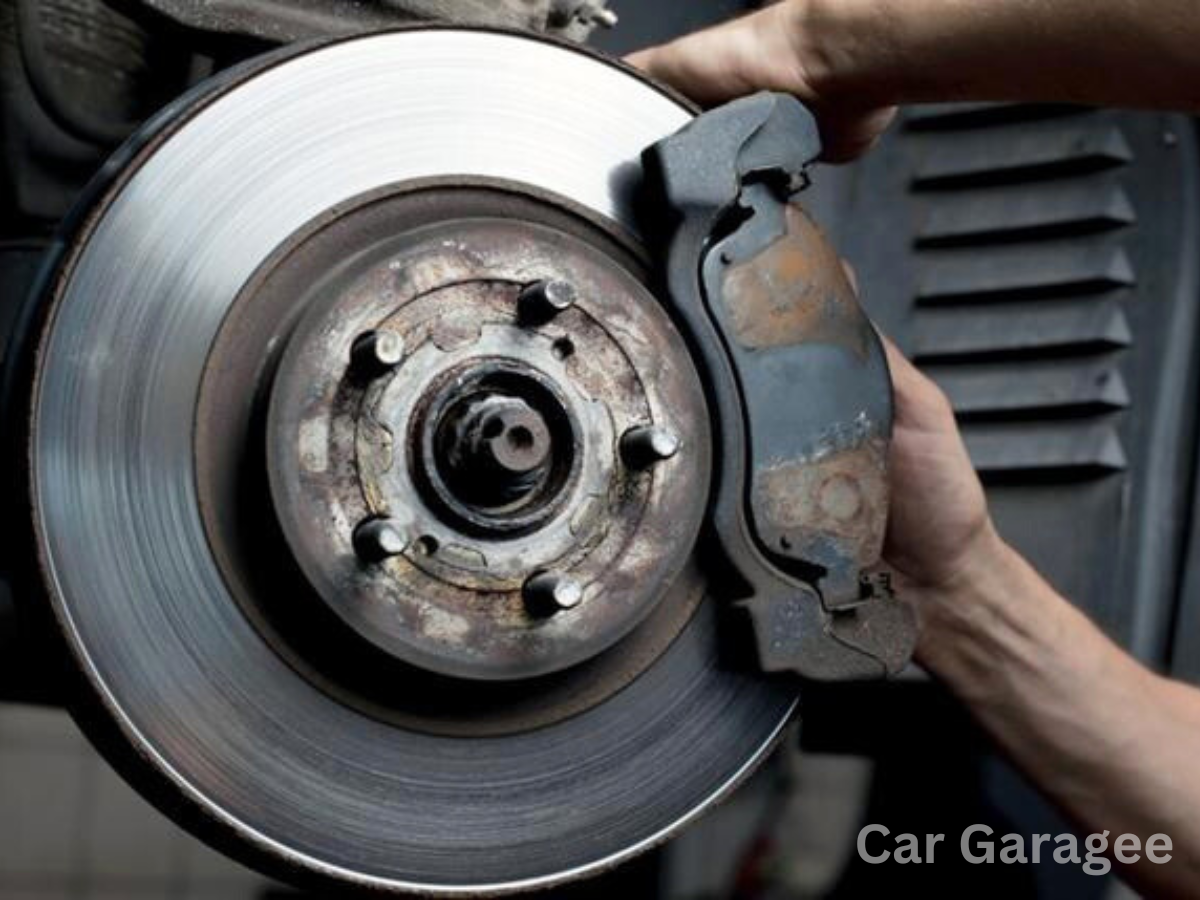
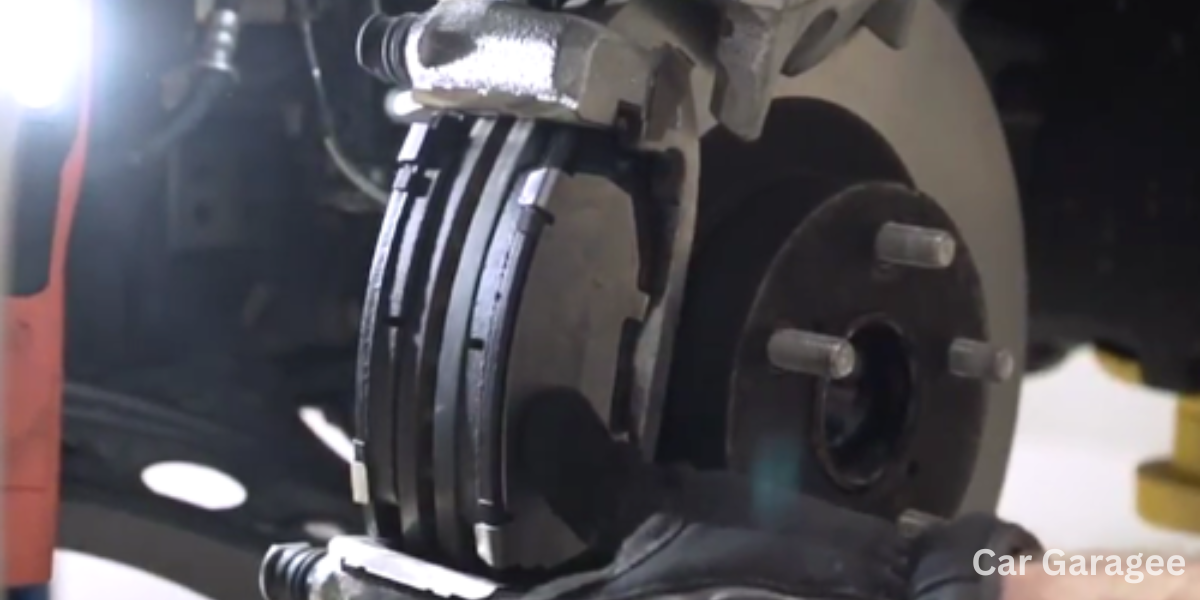
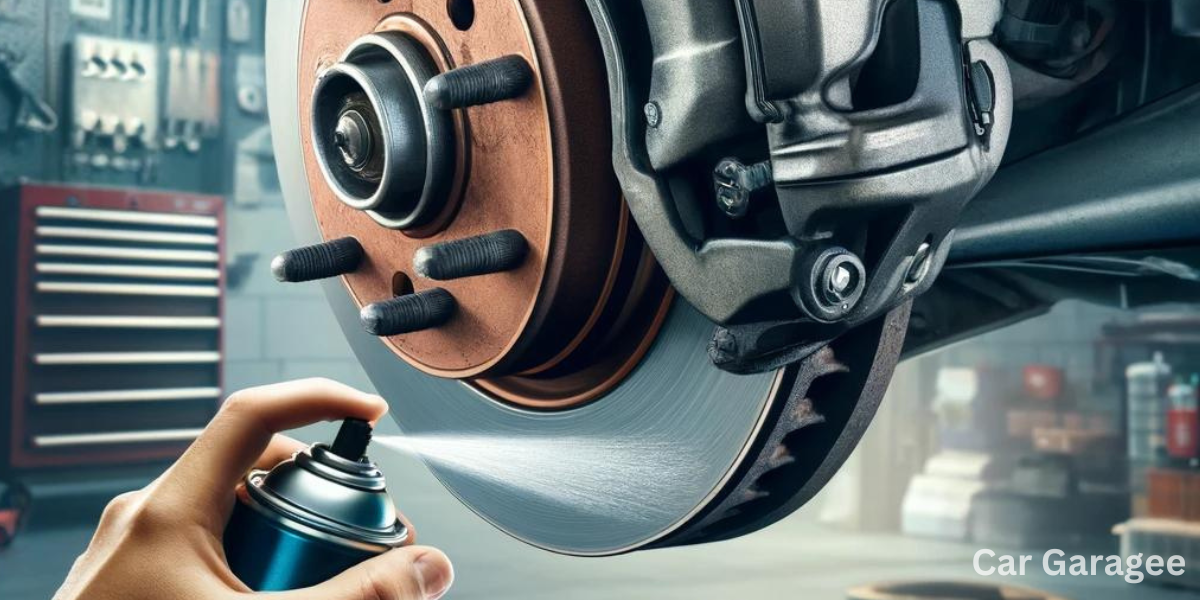
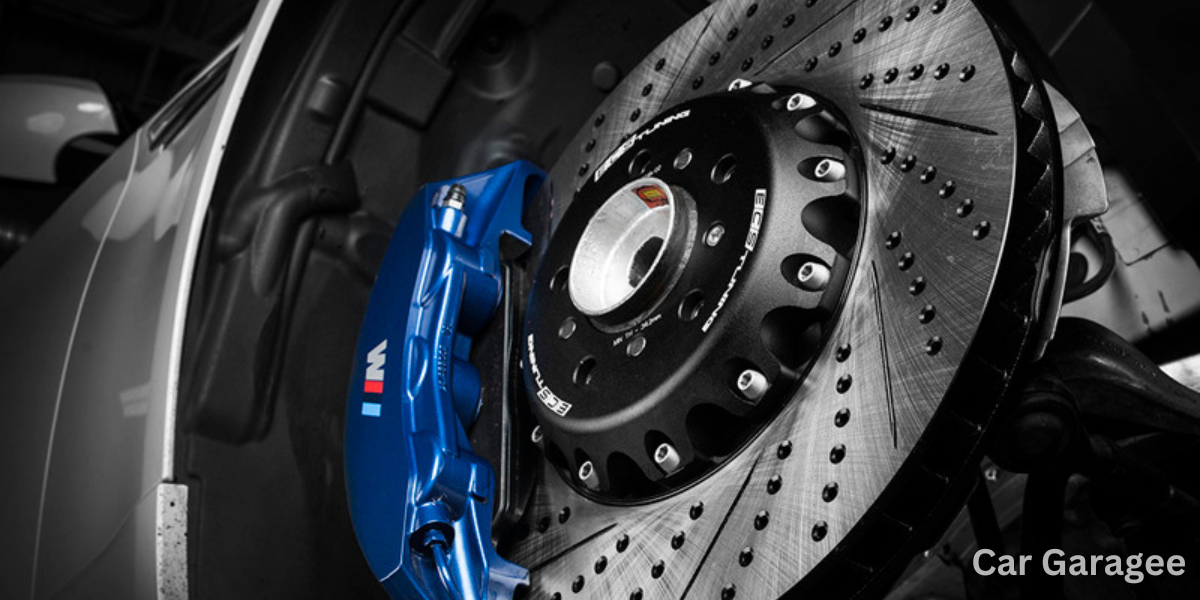
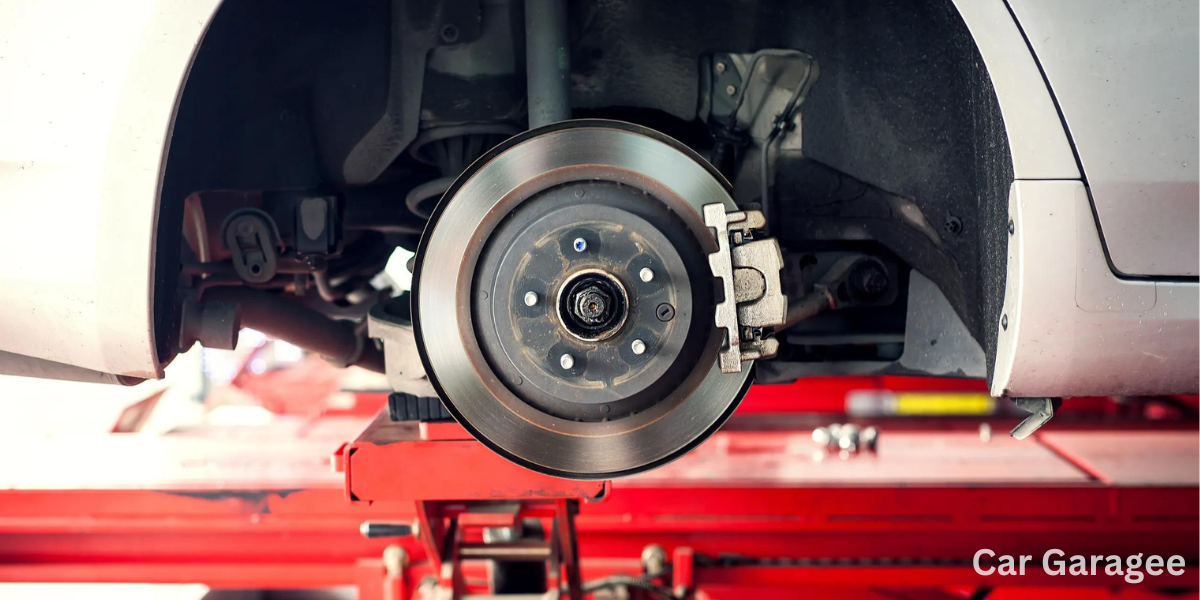






I was examining some of your content on this site and I believe this website is rattling instructive!
Retain posting.